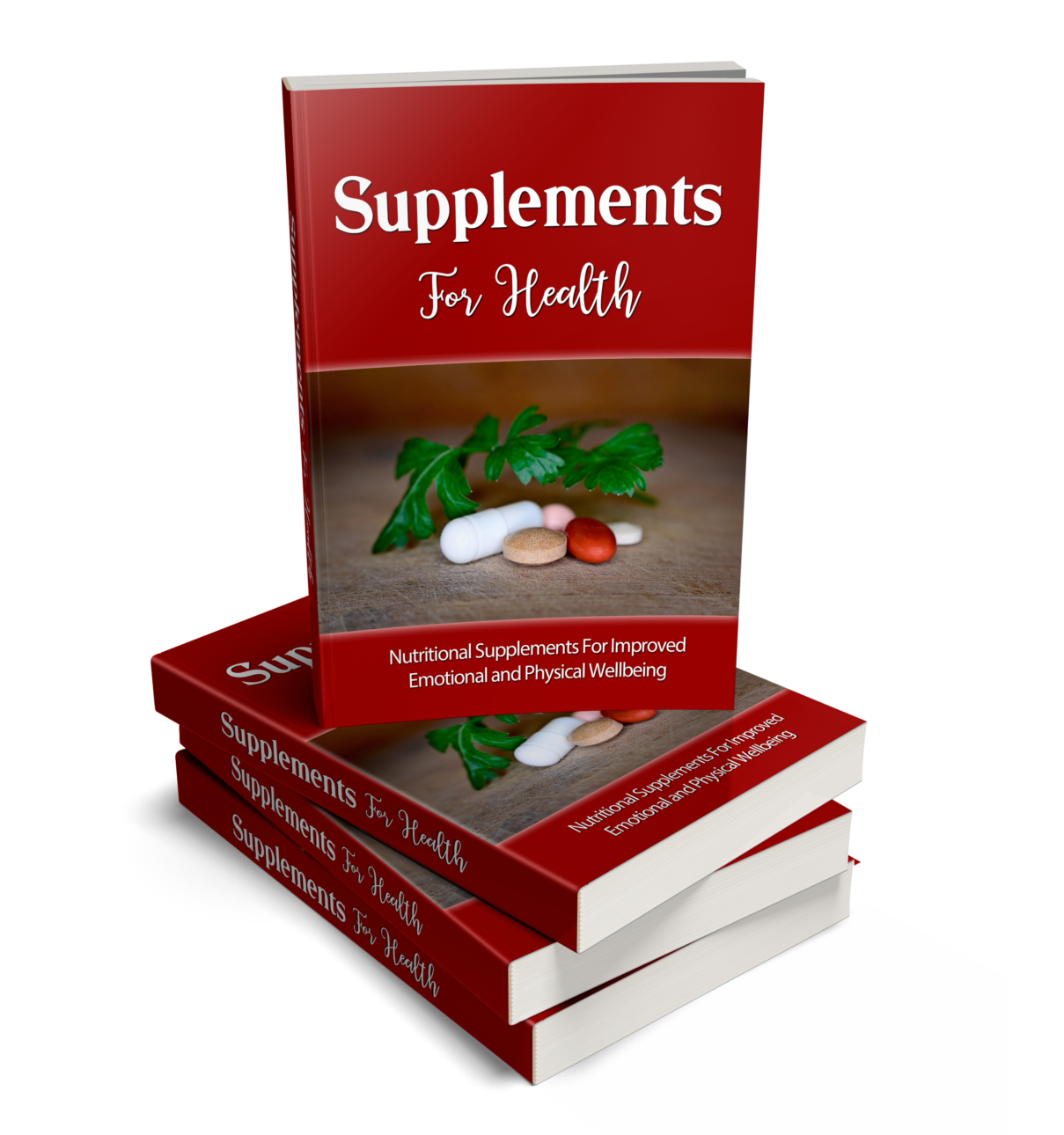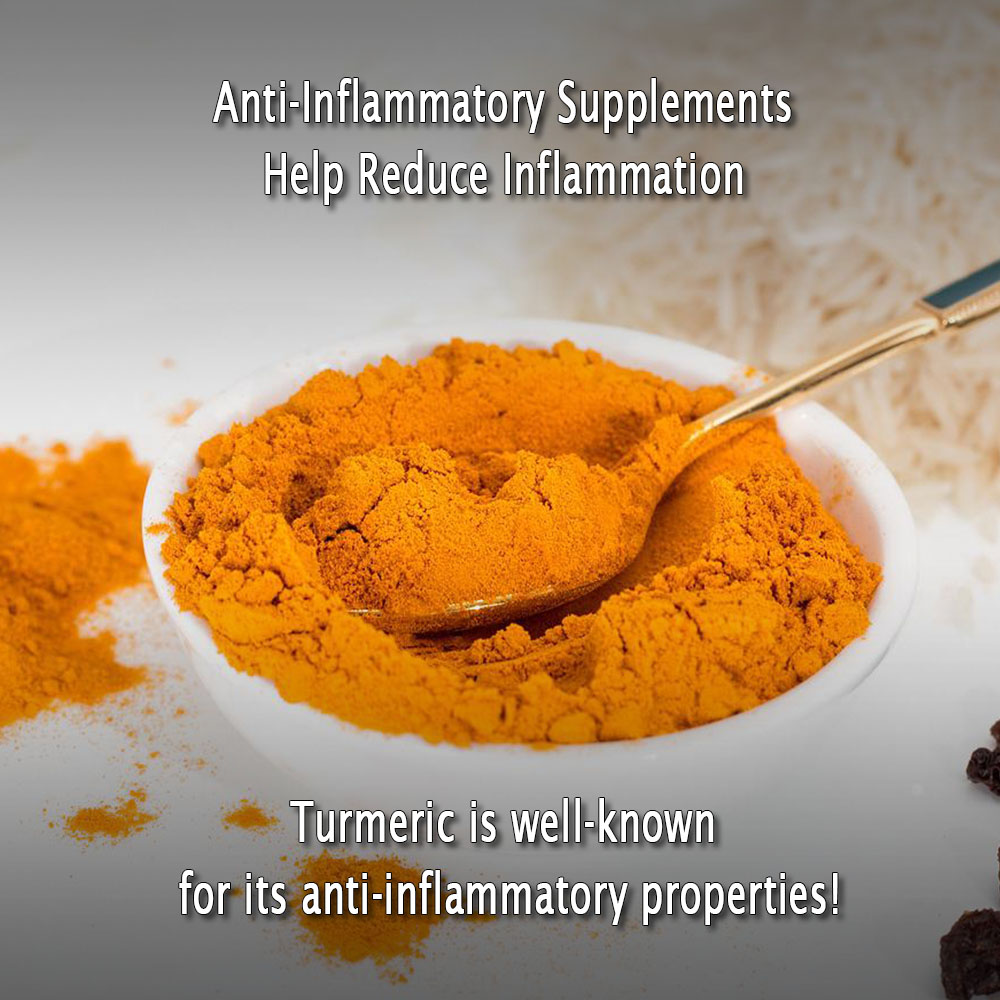We all have to deal with inflammation in our bodies at some point in our lives as inflammation can arise from many health issues, such as an injury, joint problems, or even catching a cold.
Therefore, inflammation will always be a part of our physiological functioning. It is one of the ways our body fights against harmful infections, injuries, and toxins.
Acute and Chronic Inflammation
Acute inflammation is one thing, but chronic inflammation is a whole different matter. Acute inflammation usually lasts for a few days, whereas chronic inflammation can run from several months to years, depending on the body’s ability to respond to harmful pathogens.
However, there are ways to deal with painful inflammation while allowing the body to heal.
Foods and Supplements to Fight Inflammation
Our diet plays a vital role in our health, including how it helps to treat chronic inflammation. The food we eat contains certain minerals that can help fight inflammation.
Therefore, we can boost our diet by eating the right ‘anti-inflammatory’ foods and as an added boost take supplements that specifically treat inflammation.
Turmeric
Turmeric is well-known for its anti-inflammatory properties, thanks to a compound called curcumin. Turmeric can help reduce inflammation and swelling around injuries.
It can help alleviate symptoms of osteoarthritis and rheumatoid arthritis, and relieve inflammation caused by diabetes, heart disease, and bowel problems.
Omega-3 Fatty Acids
One of the most popular anti-inflammatory supplements is omega-3 fatty acids, which are commonly found in fatty fish such as cod and tuna. Those who have taken these supplements will usually vouch for their effectiveness.
It is so effective that many people have replaced their over-the-counter nonsteroidal anti-inflammatory medications, such as ibuprofen, with omega-3 fatty acid supplements.
Green Tea Extract
Traditional herbal medicine has used green tea to deal with various ailments. The anti-inflammatory properties of green tea are derived from epigallocatechin-3-gallate (EGCG), caffeine, and chlorogenic acid – all known to be powerful antioxidants.
The presence of toxins in the body can lead to inflammation, as it is the body’s way of dealing with harmful elements found in our cells. Green tea decreases inflammation by working as a preventive measure against oxidative damage to your cells.
Bromelain
Do you know why you feel a burning sensation when you eat too many pineapples? That’s because of bromelain, a powerful enzyme abundant in the fruit. Bromelain contains anti-inflammatory properties and performs as well as nonsteroidal anti-inflammatory drugs.
Bromelain can help relieve inflammation pain caused by injury and muscle soreness. If you look at some of the supplements on the market you may find that many of the expensive supplements for inflammation pain include bromelain as a main ingredient.
You can purchase Bromelain Supplements on their own, or ‘Bromelain and Turmeric Supplements’ are available too.
Capsaicin
Just as pineapples contain bromelain, peppers contain capsaicin. Capsaicin is the ingredient responsible for making hot peppers hot and the ingredient that is beneficial in reducing pain caused by inflammation, and also nerve and muscular pain.
There is no need to eat lots of chili peppers to help alleviate pain, you can take supplements or even use capsaicin creams instead.
Garlic
Garlic is another food that is high in anti-inflammatory properties, thanks to its ingredient called allicin. A potent anti-inflammatory compound, allicin is known to strengthen the immune system while fighting off disease-causing viruses and bacteria.
Plus, long-term use of garlic supplements helps reduce, and lower the risk of developing chronic inflammation.
Zinc
Many foods contain zinc, including meat, poultry, nuts, seeds, and eggs. Zinc is also a common ingredient often found in various multi-vitamin supplements and for a good reason. Zinc is known for its anti-inflammatory properties that can help boost the immune system and decrease the rate of infections.
Zinc is also effective in reducing oxidative stress, or the premature aging of our cells, which often leads to inflammation and increases the risk of developing various illnesses.
A direct link between zinc and inflammation has been found, whereby many people suffering from arthritis have also been found to have a zinc deficiency.
Suffering from inflammation is not a comfortable experience. Acute inflammation can lead to some discomfort, while chronic inflammation can have long-term side effects on the body and also affect a person’s mental health.
Excess pain can cause symptoms of depression, as life can feel like it’s not worth living. Therefore, anti-inflammatory supplements may be helpful for many reasons!
Special Offer!
You Will Find This Course In You Earth Plus
Coming Soon
Are You Getting All Your Essential Dietary Requirements From The Food You Eat?

If you do need vitamin and mineral supplements, which ones do you need?
There is no shortage of available products to choose from, both natural and synthesized, but which ones overcome which deficiency or treat which condition?
‘Supplements for Health’
This eBook breaks it down and tells you what natural products, and if necessary what supplements, may help with the conditions likely to be affecting you and your family.
- In an ideal world, we would get all our nutritional requirements from readily-available, healthy food.
- In that same world, there would be much less illness and disease too.
Unfortunately, that world exists for relatively few people. Many people are or feel constrained by time, finances, and other factors.
They are also swayed by advertising and peer pressure to consume ‘food’ that is far less than ideal when it comes to delivering nutritional value, but over-deliver on harmful and even toxic inputs.
But even those who are extremely diligent about their dietary intake can struggle to meet their recommended daily requirements for some specific vitamins or minerals.
It is unfortunate that some foods today do not deliver the same nutritional value as they did previously. Some farming techniques have led to the depletion of some minerals in the soil.
As a result of all these factors, large portions of the population are deficient in essential nutrients.
Many dietary experts claim that ideal nutrient profiles cannot be maintained without supplementation.
Knowing what supplements are useful for what aspect of health can be confusing. ‘Supplements for Health’ gives guidance that will help you determine which particular supplements support particular areas of health.
You will also learn –
- Which supplements and foods help to reduce debilitating and painful chronic inflammation.
- Digestive supplements that reduce bloating and boost gut health – which affects all your health and wellbeing!
- How you can reduce anxiety and stress with natural supplements.
- Which natural supplements are effective for getting better sleep.
- Energy-boosting supplements that help you through your day!
- Specific supplements that improve and help maintain, brain, heart, and eye health.
- And much more!



